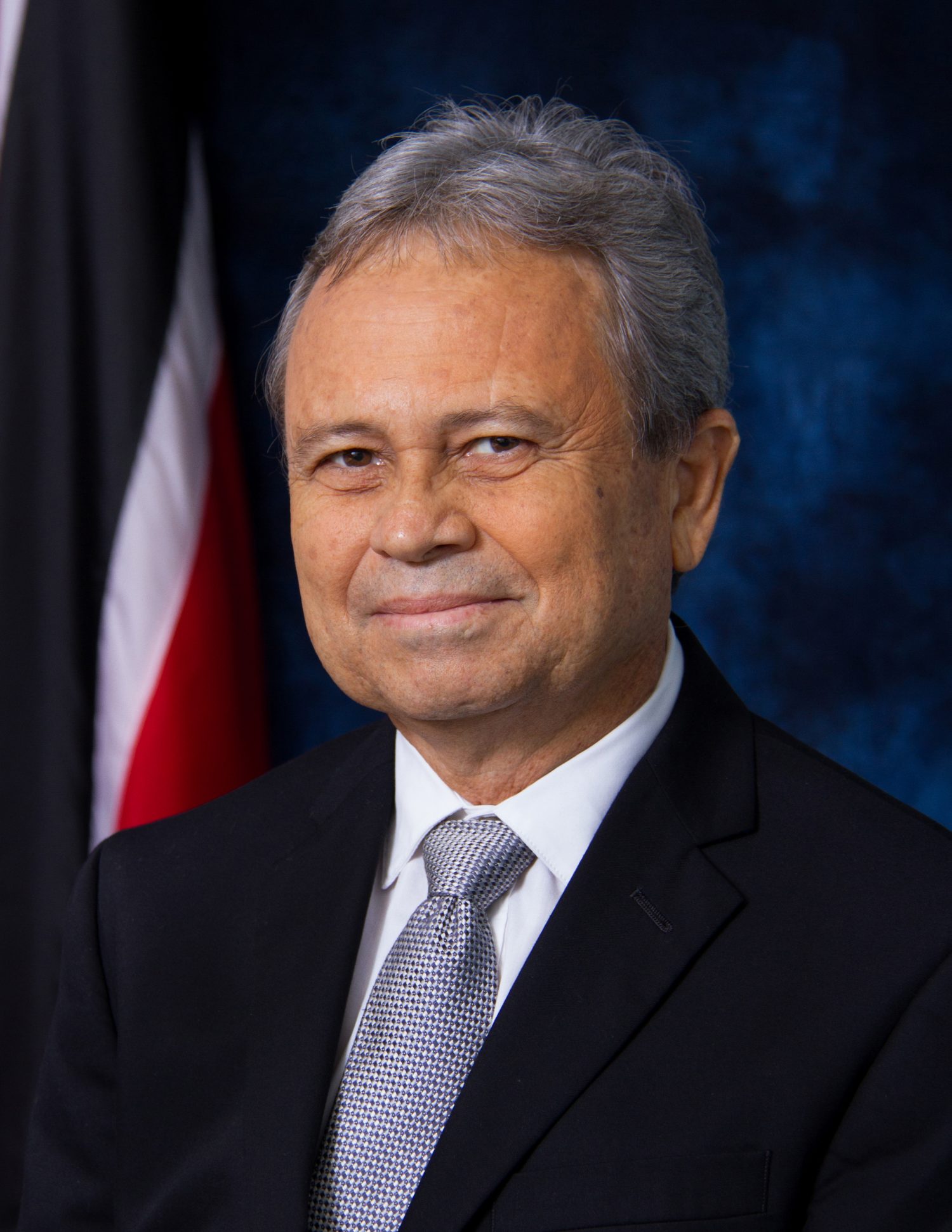(Trinidad Guardian) COVID-19 plus crashing oil prices have caused the 2020 Budget deficit to balloon from $5.3 billion to $15.5 billion – and the 2020 Budget is now being recalibrated.
And while Government’s been successful in slowing COVID’s spread, Finance Minister Colm Imbert says there’s no question that fiscal 2020 will be exceptionally difficult even if the pandemic fades in the second half of the year.
Imbert spoke about the situation in a statement to Parliament yesterday on the economic effect and Government’s financial response to the COVID-19 crisis.
He shared principal elements in Government’s package of policies to address public health and economic challenges posed by the pandemic. Imbert said a targeted financial support programme for an initial three months, costing approximately $4.5 billion, is providing a safety net for the most vulnerable households and businesses.
He said while the breadth, depth and duration of the effects of the virus are still uncertain, “our strategic initiatives have been swift as we seek to slow spread of the disease and minimise its economic consequences. We have been successful. We acted decisively, even before the World Health Organisation declared the virus a pandemic on March 11.”
As a result, he said the number of known/confirmed T&T cases as of yesterday was limited at 116 with eight deaths, plus 59 people have been discharged
“We recognised very early the characteristics of this crisis. It was fast moving and required quick, effective action which we initiated almost immediately. Our proactive approach saved us much of the pain and distress that other countries now face.”
But he said the comprehensive social, financial and economic support package of measures required to be taken has expanded Government’s expenditure “in the context of a serious erosion of our tax base caused by the oil prices’ collapse.”
Imbert added, “Accordingly, our fiscal deficit for fiscal 2020, which was originally estimated at $5.3 billion, is now expected to expand to $15.5 billion – $10.2 billion higher than was envisaged in our 2020 Budget.”
In calculating the revised deficit, he said Government noted that the collapse of the recent price of WTI oil to 1 US cent per barrel is having an adverse effect on other oil prices. He said Brent oil has dropped to $20.
“Such low prices were previously undreamt of,” he said.
“Notwithstanding the forecasts of the US Energy Information Administration and WEO of oil in the $30 range and gas in the $2.10 range for the rest of 2020, therefore, our latest revenue projections are based on conservative prices of $25 per barrel for oil for the rest of the year and $1.80 per MMBTU for natural gas.
“This results in a projected loss of revenue in fiscal 2020 of $9.2 billion, to which must be added another net $1 billion in extraordinary expenditure.”
Imbert added, “Within that $9.2 billion revenue loss, we estimate a loss of $3.8 billion in taxes on incomes and profits, and losses of $750 million in Business Levy and Green Fund Levy, $600 million in taxes on goods and services and international trade, $2.5 billion in royalties and production sharing and $1.2 billion in profits from state enterprises, among other areas.”
“There’s no question that fiscal 2020 will be exceptionally difficult even if the pandemic fades in the second half of the year, allowing for a gradual lifting of containment measures and a re-opening of the economy.”
He said the April 2020 World Economic Outlook envisages a partial recovery in 2021 but “there’s tremendous uncertainty around the outlook, given that it can get worse”.
Therefore, he said Government’s objective is to keep the economy moving, stimulate economic activity, provide financial assistance to individuals and businesses and keep as many people employed as is possible, including all workers in the public sector.
“We cannot allow this pandemic to destroy our economy and, therefore, while a reallocation of priority areas for spending is inevitable, it’s our intention to maintain our original expenditure target of $53 billion for fiscal 2020,” Imbert said.
For that reason, he said Government’s been in discussions with certain multilateral institutions and development banks to ensure that in addition to domestic financial resources, appropriate external financing is available to meet the requirements of the expanded fiscal deficit in 2020 and 2021.
Steps were also taken to allow for emergency drawdowns from the Heritage and Stabilisation Fund (HSF) not exceeding US$1.5 billion.






